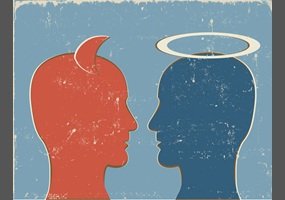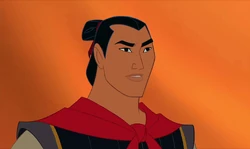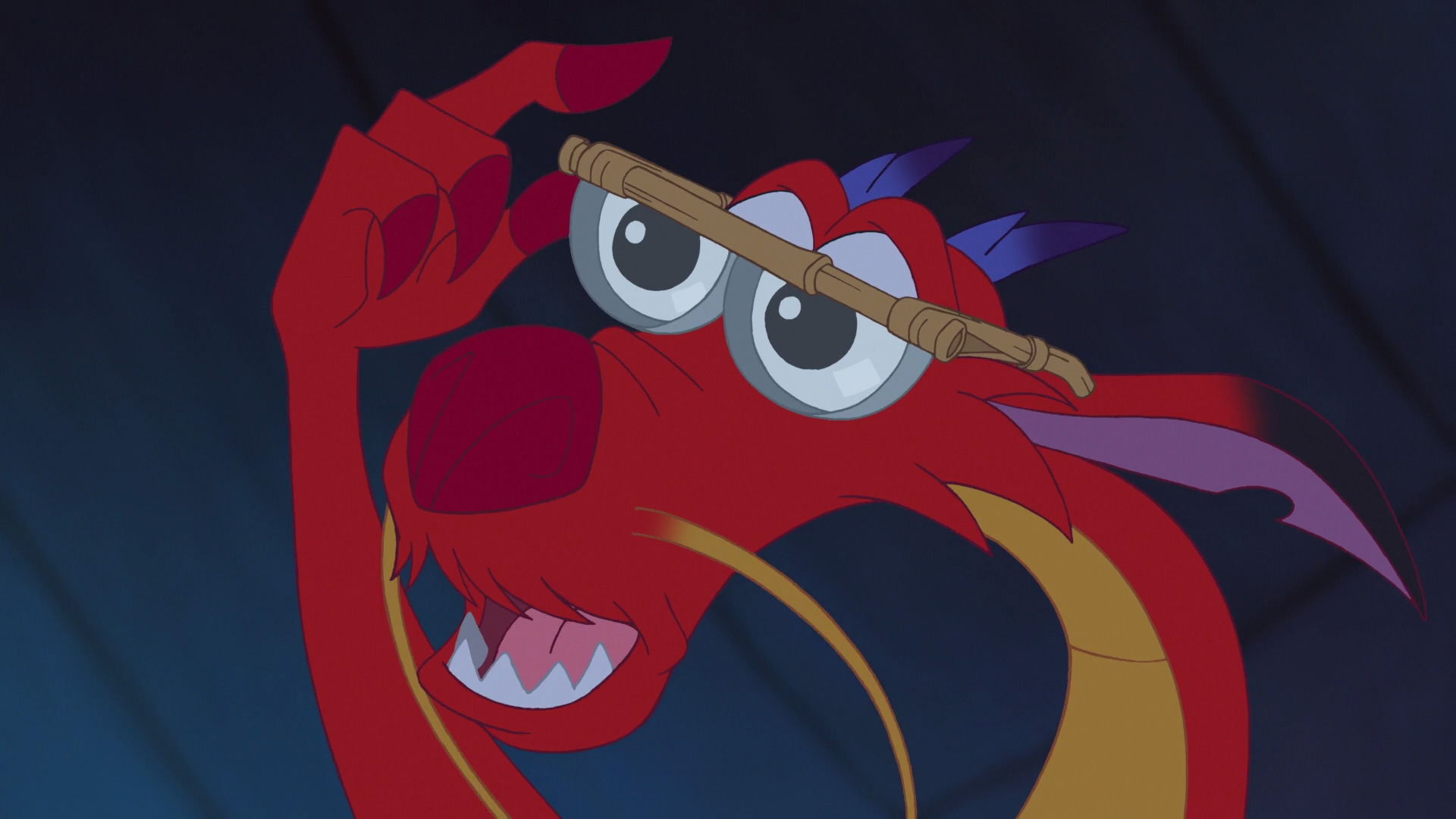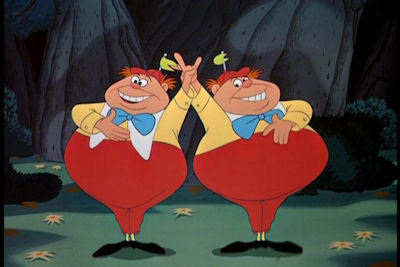
English 11 – Persusive Essay – Nighina R-23tqzwl
It is human nature to question what it is to be human. It takes science and opinion to finally answer what a human is. This philosophy of life will always be questioned and debated. With opinion alone, William Golding wrote his book about the way of life in 1954. A book about boys, laws, and savagery. War strikes the world and a plane, heading towards safety for the passengers, crashes; therefore, leaving a group of young boys to fend for themselves on an island. William Golding’s novel The Lord of the Flies discusses the philosophy that humans are born evil by nature and without laws, will then go back to their corrupt ways. This perspective of humans is shown through the story of Ralph, Jack, Piggy, Simon, and the rest of the boys that survived their crash and are left on this empty island. Despite the popularity of the book, Golding’s philosophy is incorrect and cannot be proven completely true. Golding’s philosophy derives from his experiences of the world and explains his idea, but cannot defend it. With this philosophy in mind, Golding creates The Lord of the Flies, but struggled to mirror a common human civilization and relate this philosophy to all humans. Furthermore, Golding lived in a time where science was not fully positive about the functions of the human brain and had yet proven whether nature or nurture played the role in the good and bad of humans. Golding created his book with the intent to share to the world that humans are not perfect and can be evil. Due to lack of accurate evidence, Golding’s philosophy has no truth.
Golding lived through World War II and D Day. He witnessed the worse of humans and the hardship of the world. He witnessed humans that have fallen to evil and follow the order of those that order corruption. These life struggles gave him the perspective of cruelty towards humans. His past justifies his hurt and pain. He watched those around him fall, which gives him the right to feel hatred and believe that it is nature that creates evil. Golding saw evil in the humans of war and created the philosophy that the evil must come from nature and not from human’s environment and it is laws that hold humans back from becoming evil. Golding said, “Before the Second World War, I believed in the perfectibility of social man… but after the war I did not. I had discovered what one man could do to another… anyone who moved through those years without understanding that man produces evil as a bee produces honey, must have been blind or wrong in the head.” (Golding, Bloom’s Guide Lord of the Flies, Page 56) Through his years of pain, he rightfully can have this opinion about the world. Though, this opinion does not apply to all humans. He witnesses humans fall to evil under power or become forced to participate in destruction. However, he did not account for all the people who did not participate and who did not want to see the world fall to ruins in the hands of power and evil. War is a human creation and is created to gain what a human may not have. The advancements in technology and the way that society classifies things with standards is what causes greed and lust. If the environment or society never placed these standards, people may have never fought for them. If you remove money and the idea of power and control from people, they can find peace. War is a production of the society, it is not a blame on all humans.
Golding’s philosophy is about humans but his book lacks justification for this idea. The Lord of the Flies is written about the idea using prepubescent British boys. Golding states that “Nazi Germany was a particular kind of boil which burst in 1939. That was only the same kind of inflamed spot we all suffer from, and so I took English boys and said, ‘Look. This could be you.’” (Politics and history in William Golding; The World Turned Upside Down, Page 30) The book aims the idea of savagery more towards the British, going against English Exceptionalism: the British are not perfect, they are not the greatest, and they are not all saints, and Golding wants to let them know that. Jack even reminds the boys that “We’ve got to have rules and obey them. After all, we’re not savage, we’re English; and the English are the best at everything” to ensure they know of their English superiority. This quote is purposeful by Golding to show that these boys thought they would survive just because they were English. In the end, this superiority does not keep them saints; therefore, proving that being English didn’t help them from avoiding savagery. Also, Golding represents savagery with anything that is not a civilized democracy or a western society: face paints, spears, chanting, and dictatorship is what is used to represent the boys as savages. None of these aspects are truly savage, just different from an English government. How can Golding define all humans as evil from nature when he doesn’t use all humans to prove this? His society created on this island even lacks female characters. Without a correct representation of a society, it is not able to state that all humans are inherently evil. Females balance out in civilization, so they should be represented when defining humans as evil or good. Therefore, this book truly portrays “fears and fantasies of masculinity” (Green, Crash Course Literature 305) and the fault in English exceptionalism instead of humans and their nature. Even if Golding wanted to represent humans and their descent to savagery, they all should have rightfully become savage. Not all the boys were savages: Piggy and Ralph, even after savage acts, resist join the tribe of savages and try to avoid it. Piggy died before joining Jack. Ralph is nearly murdered for being against Jack. It is proven that not all humans are inherently evil and will fall to corruption if there are no laws because even without laws and order on the island Piggy and Ralph try their best to avoid the evil and savagery.
There are those that say if not all humans are inherently evil, Roger should not have hungered the savagery as much as he did. He is a boy that still follows the rules of the adults at the beginning:
Roger stooped, picked up a stone, aimed, and threw it at Henry – threw to miss… Roger gathered a handful of stones and began to throw them. Yet there was a space round Henry, perhaps six yards in diameter, into which he dare not throw. Here, invisible yet strong, was the taboo of the old life. Round [Henry] was the protection of the parents and school and policemen and the law. Roger’s arm was conditioned by a civilization that knew nothing of him and he was in ruins. (Golding, Chapter 4)
However, Roger then follows Jack and becomes savage. Some takes Roger’s actions as proof of evil by nature, which is why Roger chose to let his hunger for evil free. If it were not for his savagery environment, for a society that creates different levels and standards and safety to hunger for, Roger may have never been influenced to feel the savagery he did. It is with the new way of life that Jack was portraying that Roger followed.
The Lord of the Flies is a book of ideas and that is all. There is no scientific accuracy to human’s nature. The book is an idea, an idea that anyone can become evil without laws, that Golding wishes to share to open British eyes that they are not perfect. It is simply an idea that he created after experiences with the world. Science has come a long way since the days of Golding and now proves that compassion is created in the brain and grows with experiences. Looking at this idea from a scientific point of view, there are many notable experiments that are out there to prove whether good or evil comes from human nature or human experiences. The show Brain Games experiments on babies, from ages where they are not able to express themselves through words, whether they will choose a stuffy bear that showed compassion or a stuffy bear that was mean. The children had a chemical release of oxytocin in the brain, making them more likely to go towards the kinder stuffy. In fact, Neurologists have pinpointed where compassion in our brains really come from: one of the oldest brain structures that run to the heart, intestines, kidneys, and liver, is the vagus nerve. It is believed that this nerve has been in the brain for so long for survival. When humans rely on one another this helps them stay alive; this is because they receive help and care from people that isn’t themselves and can possibly help more. There are only the smallest percentage in society that have no compassion for humans: psychopaths. For the most part, humans have compassion in their brains and the system grows and learn through experiences of receiving and returning compassion. Can Golding argue his philosophy that humans are born evil when humans have a nerve system made to treat humans good?
Ultimately, in whatever way Golding wishes to explain his philosophy, it will never be enough to prove that all humans are inherently evil. When one faces that many hardships in life, positivity becomes hard to hold onto towards humans. It is understandable as evil is the core of wars. The war was created because of society and its standards and social hierarchies. Though, when war breaks out, there are always those who oppose. Furthermore, the literature he wrote expresses this philosophy towards boys of the British descent. But, not all humans are British; therefore, this philosophy cannot be proven towards girls and non-British civilizations. The book also shows two boys that refuse to accept their “evil” and join the tribe of savages. Not everyone, not all humans, on that island became savage. Finally, Golding’s book was written in 1954, a time when science was still very clueless towards Nature vs. Nurture in humans. When this book is read now, there is no solid proof backing this philosophy up. This can be proven by watching an episode of Brain Games. If the philosophy of Golding’s was correct, there wouldn’t have been so many faults within his own book. Thus, leaving Golding’s philosophy incorrect towards humans.
Golding, William. The Lord of the Flies. Faber, 1954.
https://youtu.be/WfNiQBXmPw8
https://youtu.be/kGuykvhLUtQ
–
I found solid evidence that helped justify my idea.
I was able to share both perspectives and find the faults so that the essay was truly persuasive and directed to one idea only.
I wish to write in more detail.
Next time, I hope to make my sentences and paragraphs flow better.







